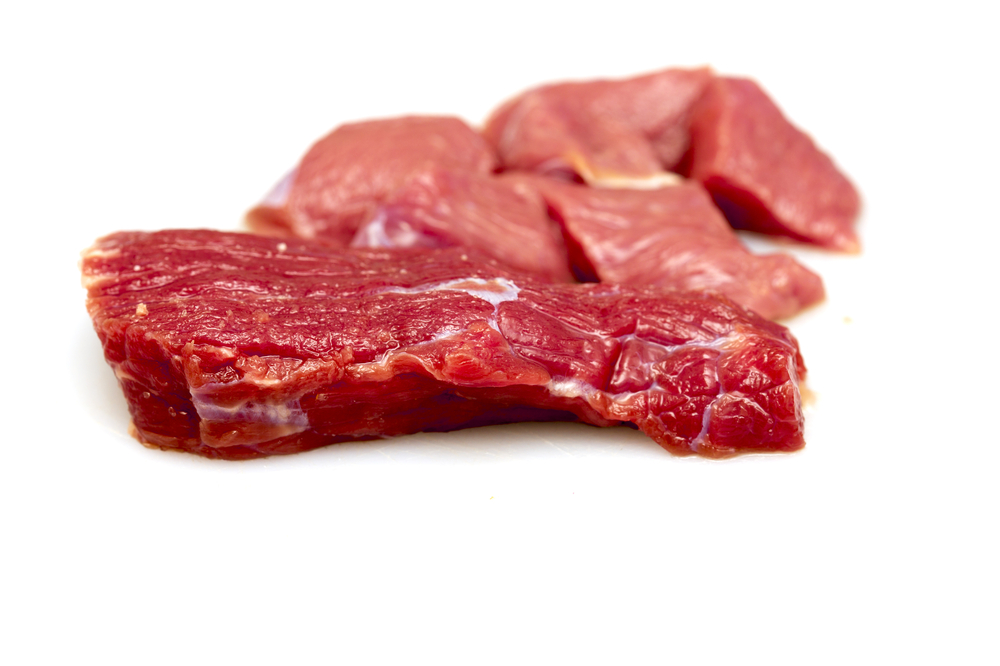How Your Diet Affects Your Risk of Colon Polyps

NEW ORLEANS — Eating foods known to promote inflammation may increase a person's risk of developing polyps in the large intestine, or colon, a new study finds. These polyps are a common precursor to colon cancer.
Compared with people whose diets contained the lowest amounts of pro-inflammatory foods, people whose diets contained the highest amounts of pro-inflammatory foods — such as processed meats and red meat — were 56 percent more likely to have one of these polyps, also called an "adenoma," according to the new study.
"Inflammation is very consistently associated with [a person's] risk of colon cancer," said Dr. Roberd Bostick, a professor of epidemiology at Emory University in Georgia and the senior author on the study that was presented here Tuesday (April 19) at the American Association for Cancer Research's annual meeting. [Top 10 Cancer Fighting Foods]
In the study, the researchers used a "food-based inflammation" score that they had developed in a previous study. Foods received scores based on how they affected a number of markers of inflammation in the body, Bostick told Live Science. The researchers included multiple markers — such as different proteins and molecules in the blood — because inflammation is complex, and there isn't one single thing in the body to measure it by, he said.
The foods that had the highest inflammation scores were processed meats and red meat, Bostick said. Dairy foods that contained fat also had pro-inflammatory scores, whereas poultry and fish were neutral; they didn't cause inflammation, but they didn't appear to fight it either, he said. Fruits, vegetables and nonfat dairy, on the other hand, were determined to be anti-inflammatory, he said.
To look at how diets with different levels of inflammatory foods affected a person's risk of developing an adenoma, the researchers recruited 1,955 participants who were planning to have a colonoscopy, Bostick said. None of the patients had been previously diagnosed with any type of cancer, he said.
Before the procedure, the participants filled out questionnaires about their diets, Bostick said. At this point in the study, none of the participants — or the researchers, for that matter — knew if the colonoscopy would yield positive results, he said. This may have reduced some bias in how the participants reported their diets, he added.
Get the world’s most fascinating discoveries delivered straight to your inbox.
During their colonoscopies, 496 participants were found to have adenomas, according to the study. The people who ate diets containing the highest amounts of inflammatory foods were more likely to have an adenoma than were those whose diets contained the least amounts of such foods, the researchers found.
Bostick said it's possible that switching from a pro-inflammatory diet to an anti-inflammatory diet could help reduce a person's risk, although the study did not look at this. However, the effect would depend on timing of this switch, he said. [5 Lifestyle Tips that Lower Your Risk of Colorectal Cancer]
"The development of an adenoma or colon cancer takes place over a really long time," and there are numerous molecular changes that occur, Bostick explained. If a person switches his or her diet today, but those molecular changes already occurred, that person will still develop an adenoma, Bostick said.
The findings have not been published in a peer-reviewed journal.
Follow Sara G. Miller on Twitter @SaraGMiller. Follow Live Science @livescience, Facebook & Google+. Originally published on Live Science.



